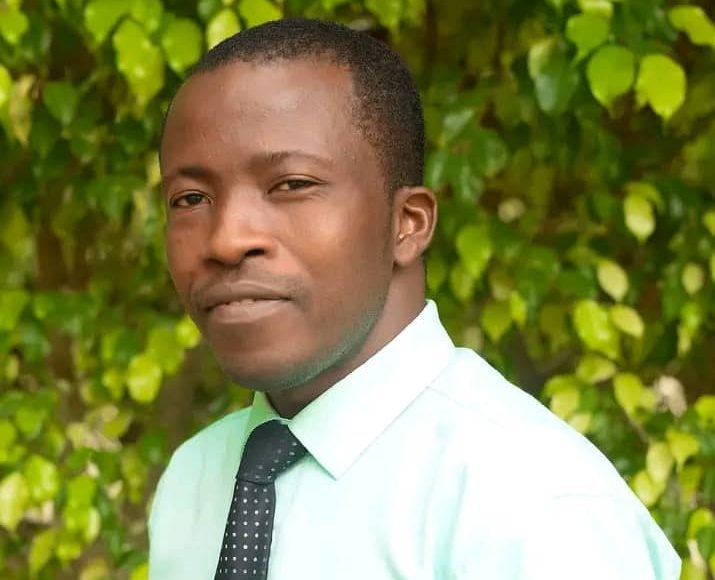[Linguists’ Forum] From Dread to Delight: An Insight into Grammatical Names and Functions (9) Lateef Kugbayi, PhD
The attention of prospective candidates for WASSCE and NECO has been drawn to the clause and its various types in the last two episodes of Linguists’ Forum. The grammatical unit is described as a group of words that has a subject and a verb. It has two major types: independent and dependent clauses. While the independent clause (which is also called the main clause) can stand alone and expresses a complete thought, the dependent clause (which is also called the subordinate clause) cannot stand alone. It does not express a complete thought. The independent clause can occur as a simple sentence. On the other hand, the dependent has to be attached to the independent clause to form a part of a sentence. Meanwhile, the dependent clause is the part of the sentence that the WASSCE and NECO usually underline and require students to name and identify its function in the sentence. There are three types of dependent clauses: noun clause, adjectival clause and adverbial clause. The noun clause was discussed last week. In continuation of the discussion, this week’s episode centres on relative clause.
Relative (or Adjectival) Clause
A relative clause is the type of dependent clause that functions as an adjective in a sentence. That means that it is used to add more information to the noun it modifies. That is why it is also called adjectival clause. The clause is given the name “relative clause” because it begins with a relative pronoun such as “who,” “that,” “whose,” “which” or “whom.” It can also be introduced by adverbs such as “when” and “where.”
Examples:
i. I saw the cat “that ate the fish”.
(That is, which cat did I see? The cat “that ate the fish”)
Grammatical name: Relative clause
Function: It modifies “the cat”
ii. The boys “who broke the glass” are my classmates.
(That is, which boys are my classmates? The boys “who broke the glass”)
Grammatical name: Relative clause
Function: It modifies “The boys.”
iii. I like the cloth “which you bought for me.”
(That is, which cloth do I like? The cloth “which you bought for me”)
Grammatical name: Relative clause
Function: It modifies “the cloth.”
iv. Tunde knows the teacher “whose son has traveled abroad.”
(That is, which teacher does Tunde know? The teacher “whose son has traveled abroad”)
Grammatical name: Relative clause
Function: It modifies “the teacher.”
v. Ahmed has called the manager “whom we discussed last night.”
(That is, which manager has Ahmed called? The manager “whom we discussed last night)
Grammatical name: Relative clause
Function: It modifies “the manager.”
vi. Orimoogunje told us the time “when the president would arrive.”
(That is, what time did Orimoogunje tell us? The time “when the president would arrive)
Grammatical name: Relative clause
Function: It modifies “the time.”
vii. Mrs Chika has forgotten the place “where he kept his wallet.”
(That is, what place has Mr Chika forgotten? The place “where he kept his wallet”)
Grammatical name: Relative clause
Function: It modifies “the place.”
Lateef Iyanda Kugbayi, PhD
Senior Lecturer
Department of English Language
Zamfara State University
Talata Mafara
[email protected]/+2347032985052



